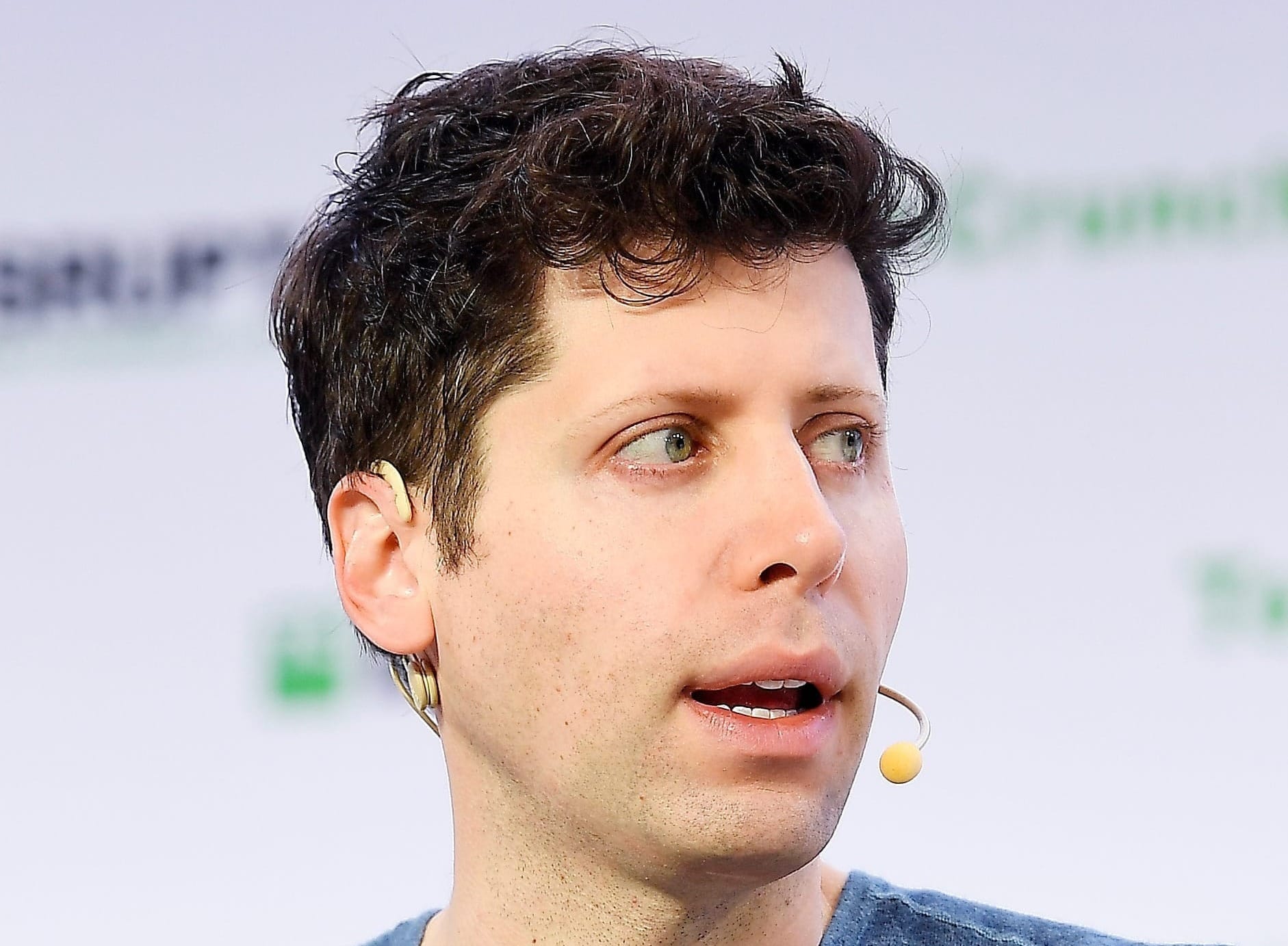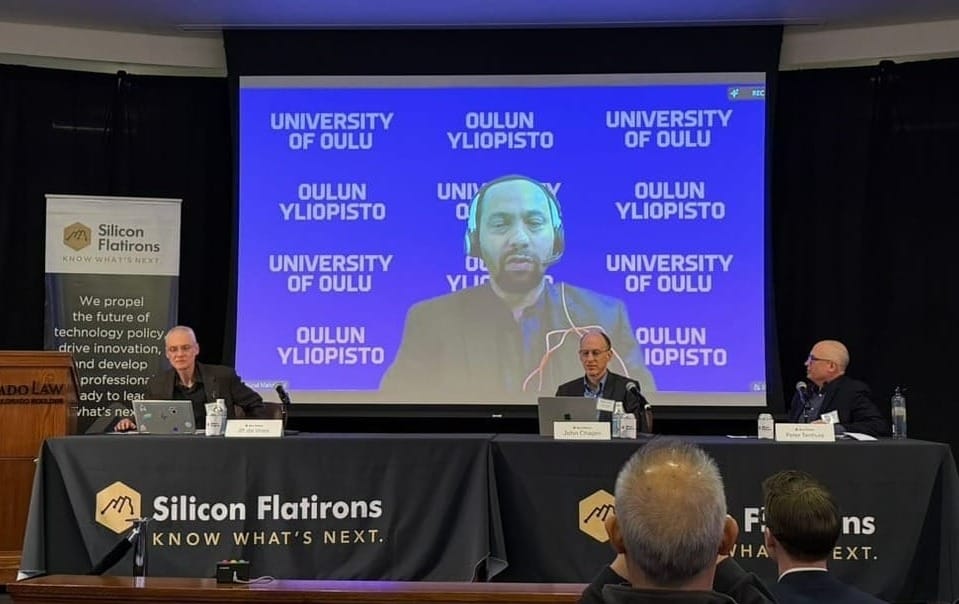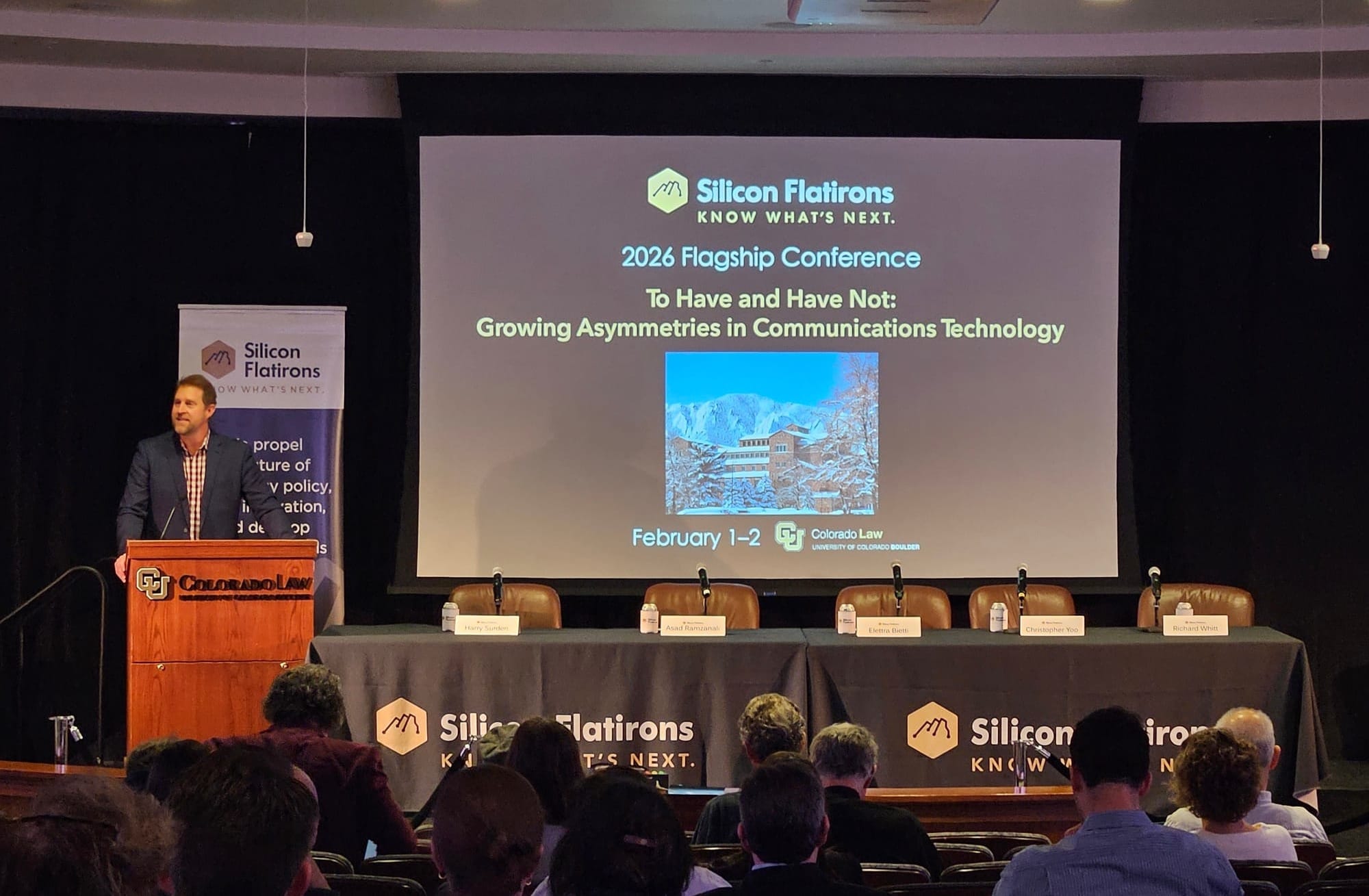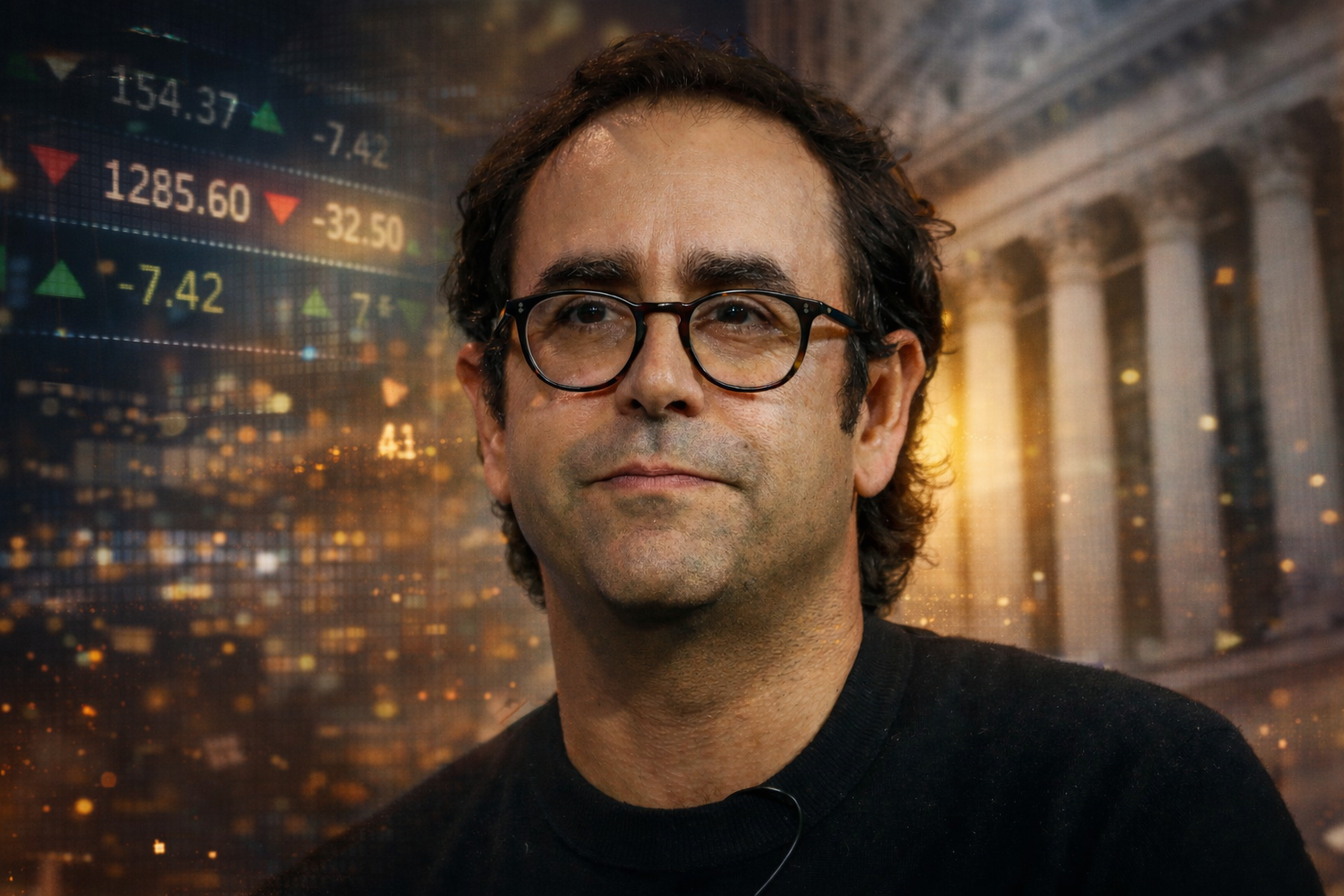The University of Colorado Boulder is stepping onto the national stage as one of the first universities to offer a Master of Science in Artificial Intelligence — and it’s doing it in a way designed to break down barriers.
Launching this month, the new MS in AI is fully online, fully accredited, and taught exclusively by CU Boulder faculty in conjunction with Coursera. Students can finish in as little as 12 months, or take up to several years, making it possible for working professionals anywhere in the world to fit advanced AI education into their lives.
CU Boulder will showcase the program in a live webinar at 9:00 a.m. on Thursday, Aug. 14. It will feature faculty, advisors, as well as time for Q&A.

Why an MS in AI?
Artificial intelligence is transforming industries from healthcare to finance, and the demand for skilled practitioners has never been higher. CU Boulder’s Faculty Director of Online Graduate Programs in Computer Science, Prof. Kevin Gifford, says the new degree builds on the university’s existing online strengths while tapping into AI’s explosive growth.
“We’re in the first handful in the nation to offer an AI master’s degree — not just online, but overall,” Gifford told Colorado AI News. “It’s a first-to-market strategy that lets us serve a global audience while keeping the rigor of our on-campus programs.”
Performance-Based Admissions: Show them you can do the work
In place of the usual graduate school hurdles – transcripts, letters of recommendation, test scores – this program uses a performance-based admissions process.
Students gain entry by completing two “pathway specializations” – Machine Learning and Probability & Statistics – each consisting of three short courses on Coursera. Earn a B or better in each course, and you’re in, regardless of your previous degree or work background.
“These courses are not easy, and they’re not about lowering the bar,” Gifford says. “This is about letting talented people, wherever they are, prove they can do the work.”
What you need to know
- Tuition & Payment: The online MS in AI costs just over $15,000 in total — far less than most residential master’s degrees. Students pay per course (“pay-as-you-go”), not in one lump sum.
- Try Before You Commit: Anyone can start in the open, non-credit version of the courses for a small Coursera subscription fee. If you upgrade to for-credit later, your work transfers over.
- Flexible Pace: Courses run in 8-week sessions, with six sessions per year. Students can move quickly — even finishing in 12 months — or take 2–3 years on average, up to a maximum of 8 years.
- Recommended Prep: Comfort with mathematics (probability, statistics, linear algebra, optimization) and some programming experience is advised. CU provides guidance on bridging courses if needed.
- Global Access: No student visa required; coursework is designed for multiple time zones. The CU Boulder diploma is identical to that of on-campus graduates — there is no “online” designation.
- Stackable Credit: Courses in the program can be applied toward other CU Boulder online degrees, such as the MS in Computer Science or MS in Data Science.

Faculty Spotlight: Prof. Sriram Sankaranarayanan
One of CU Boulder’s biggest draws for online learners is Professor Sriram Sankaranarayanan, known worldwide for his engaging teaching style and clear explanations of complex computer science concepts.
In CU’s online Master of Science in Computer Science program, Sankaranarayanan regularly teaches over 1,000 students per session — dwarfing the typical 30–50 enrollment in other graduate courses — and he has earned a reputation comparable to some of the most famous online instructors in the field.
“He’s a flat-out superstar in the online world,” says Gifford. “There’s Andrew Ng at Stanford, who’s tremendously well known, and Sriram is approaching that level of reputation.”
While the MS in AI will feature multiple expert instructors, Sankaranarayanan’s courses are expected to be among the most popular with students, thanks to his ability to make rigorous material approachable without sacrificing depth.
Flexibility meets rigor
The program’s flexibility — asynchronous learning, no fixed semester deadlines, and start-anytime options — doesn’t mean it’s easier.
“These aren’t softball courses,” Gifford says. “They’re the same as what we teach on campus — taught by the same faculty — but accessible anywhere.”
Students need to complete 15 credits of breadth courses across five specializations, including statistical learning, reinforcement learning, machine learning, ethics in computing, and more. Another 15 elective credits allow exploration of fields like robotics, generative AI, computer vision, and natural language processing.
More than just coding
Alongside technical skills in neural networks, deep learning, and scalable AI deployment, the MS in AI includes training in AI ethics, bias mitigation, and societal impact.
For Gifford, that’s tied to a bigger educational mission: teaching critical thinking.
“AI doesn’t teach you to think critically — that’s still on you. Large language models can be useful, but they’re not always right. We want students who can look at AI’s output and say, ‘I’m calling BS.’ That skill will always be essential.”
What's next
The online MS in AI will be followed in the fall of 2026 by a residential version of the degree, but CU Boulder plans to keep both tracks running.
“Residential and online are different experiences, different pathways,” Gifford says. “But the goal is the same: deliver a tier-one education in AI, wherever you are.”
Overview webinar details
CU Boulder's MS in AI Overview Webinar
📅 Thursday, Aug. 14
🕘 9:00 a.m. MT
📍 Online via Zoom
💬 Faculty and advisors will provide a program overview, followed by Q&A
🔗 See more information here, including webinar registration
Closing thought from Prof. Gifford:
“We’re opening the door wider, but the quality stays the same. This is about giving more people the chance to learn, think critically, and shape AI’s future.”










